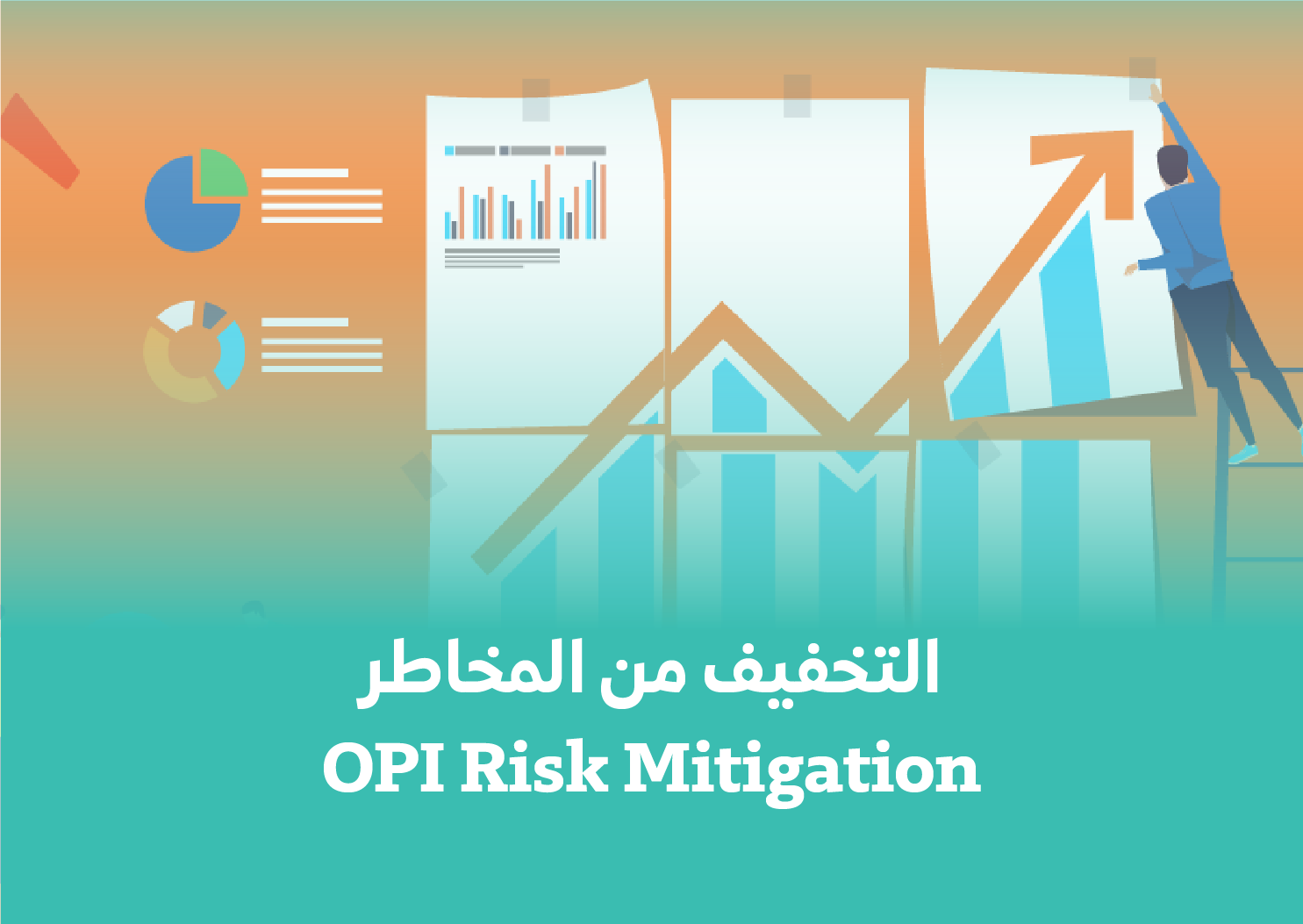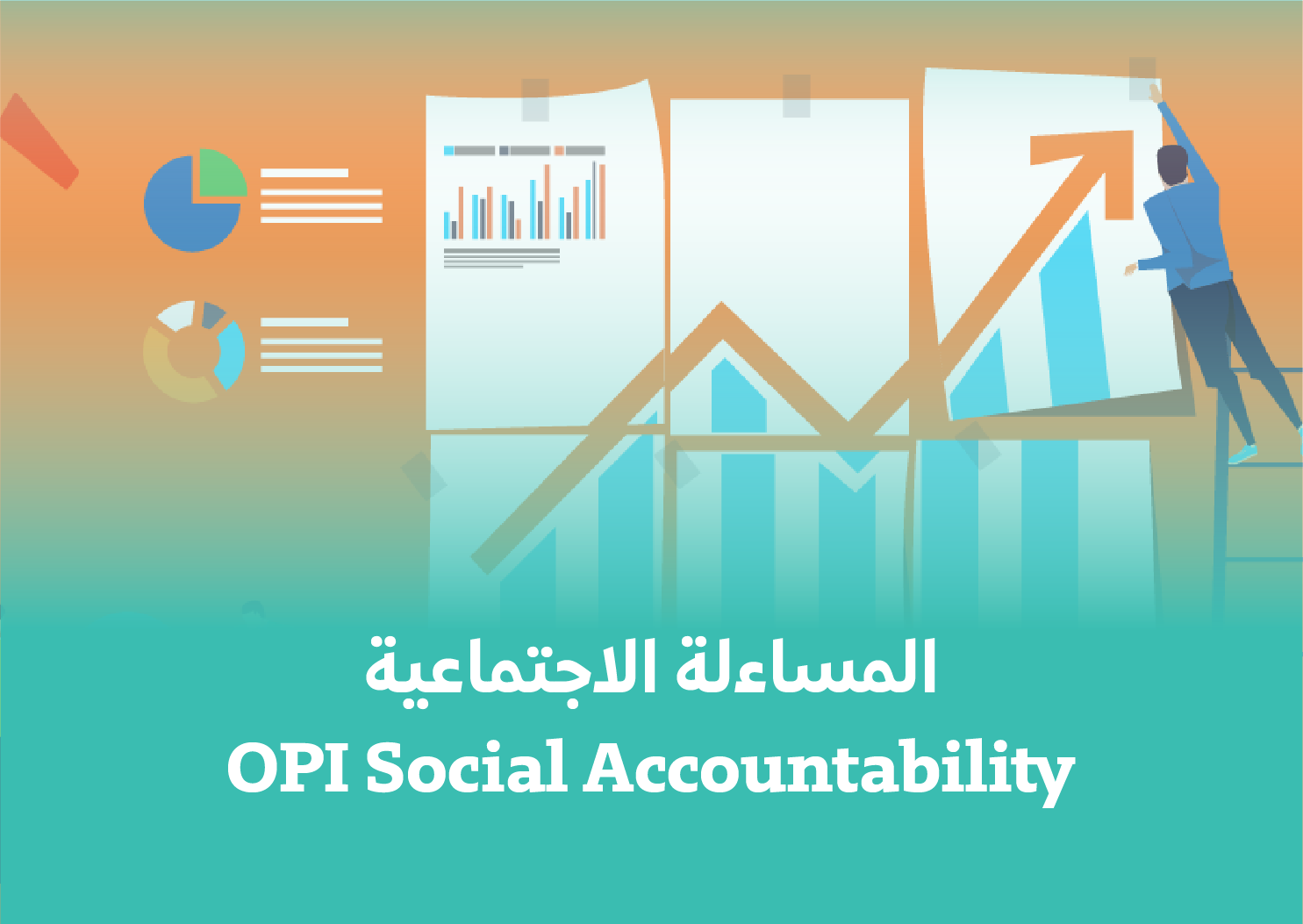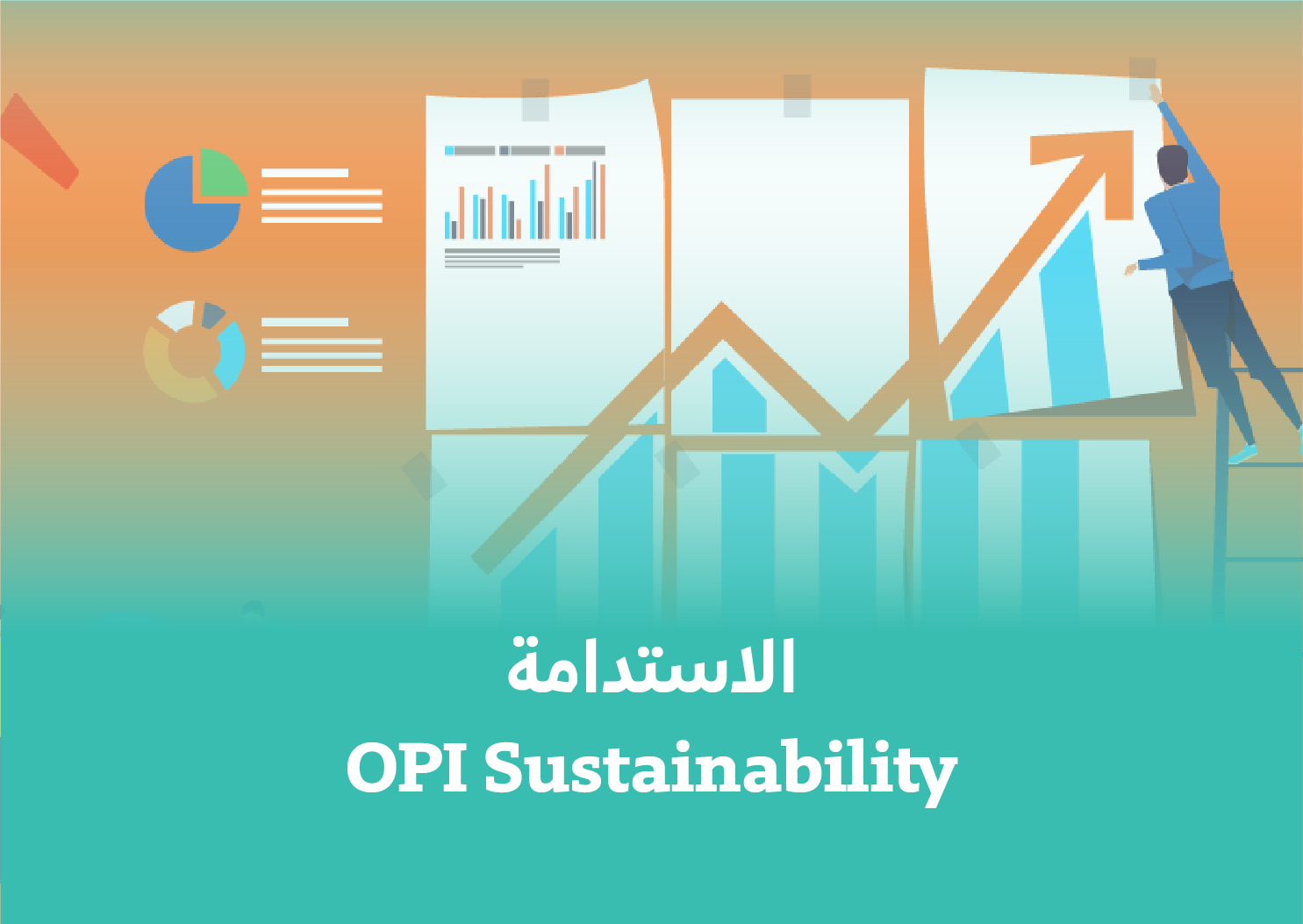3 Courses

Organizational Performance Indicator
OPI Risk Mitigation
Risk mitigation refers to the strategies and processes organizations use to identify, assess, and manage risks that could impact their operations, finances, reputation, or other aspects of their performance. Effective risk mitigation involves developing risk management plans, implementing controls and safeguards, monitoring and evaluating risks, and continuously improving risk management processes.

Organizational Performance Indicator
OPI Social Accountability
Social accountability refers to the extent to which organizations are responsible and accountable to the communities and stakeholders they serve. This involves promoting transparency, ethical behavior, and social responsibility, as well as engaging with stakeholders to understand their needs and concerns, and incorporating their feedback into decision-making processes. Effective social accountability also involves promoting diversity, equity, and inclusion within the organization and the broader community.

Organizational Performance Indicator
OPI Sustainability
Sustainability refers to the ability of organizations to meet their present needs without compromising the ability of future generations to meet their own needs. This involves considering the economic, environmental, and social impacts of organizational activities, and developing strategies and practices that promote long-term sustainability. Effective sustainability practices include reducing waste and resource consumption, promoting renewable energy and environmentally friendly practices, and promoting social responsibility and community engagement.